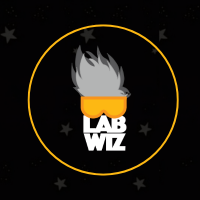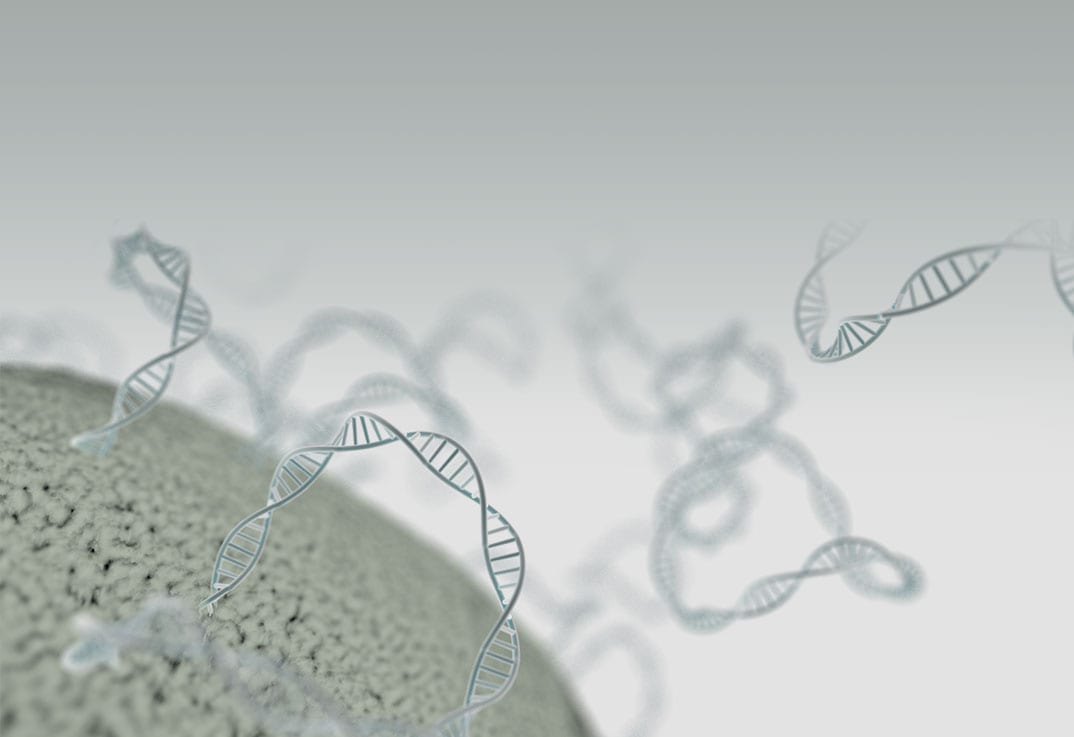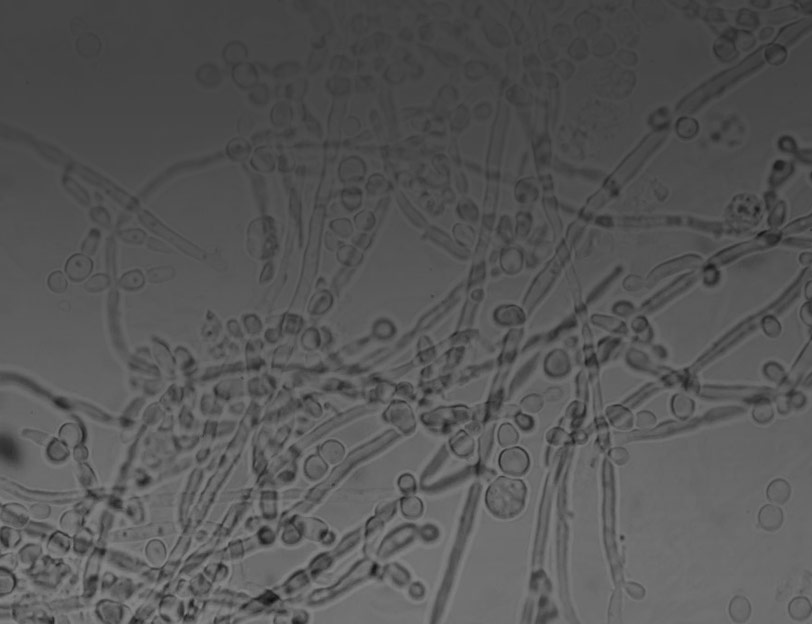Plasmid Purification
We offer plasmid prep kits in miniprep, midiprep and maxiprep format for isolation of plasmid DNA from small, medium and large volumes of bacterial culture.
PureYield™ Systems provide high-speed purification of high-quality plasmid DNA. An endotoxin removal wash is included in the protocol to improve performance of the purified plasmids in sensitive applications such as transfection and in vitro transcription/translation.
Wizard® SV Systems provide scalable options for spin or vacuum based plasmid purification in either single-tube or 96-well plate formats. Wizard MagneSil® Systems use a magnetic based plasmid purification method that is designed for automation on liquid handlers.
We offer DNA extraction products for all your throughput needs.
Filter By
Shop all Plasmid Purification
Showing 9 of 9 Products
Plasmid Purification Basics
Plasmids are common research tools used in many applications including cloning, transfection, cell-free transcription/translation reactions and DNA sequencing. Most plasmid purification systems lyse bacterial cells using a modified alkaline lysis method followed by a rapid neutralization step to reanneal plasmids but not genomic DNA. The plasmid is then purified by binding to a column. Columns are typically washed with an alcohol-containing solution to remove contaminants, and plasmid DNA is eluted with an appropriate buffer. This “bind, wash, elute” procedure has been improved over the years to meet the increasing demands for a simple and rapid protocol, resulting in high yields of highly pure plasmid DNA.
Endotoxin (lipopolysaccharide or LPS) is a cell wall component of all Gram- negative bacteria. Endotoxin is a potent stimulator of the mammalian immune system in vivo, and it may decrease tissue culture cell viability and inhibit transfection efficiency in vitro. For maximum consistency and when transfecting a broad variety of cell lines, it is best to use plasmid DNA containing as little endotoxin as possible.



